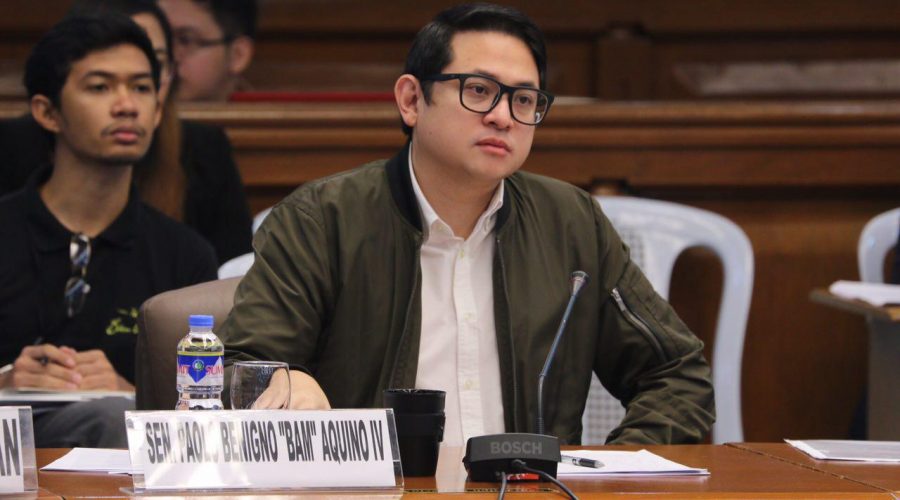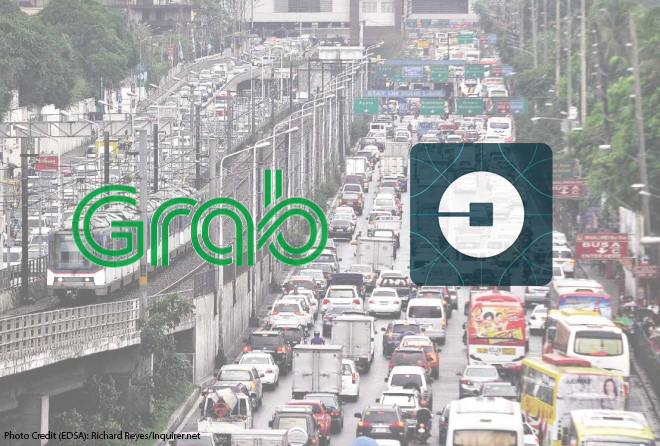Sen. Bam: Change must come in transport sector
Sen. Bam Aquino urged the Land Transportation Franchising and Regulatory Board (LTFRB) to prioritize the safety and commuting experience of the riding public and look out for the welfare of drivers of public utility vehicles.
“What we want to achieve is fairness – fairness for Grab and Uber, for taxi operators, for drivers, and most especially for the riding public,” Sen. Bam said during the hearing of the Committee on Public Services on transport network vehicle services (TNVS) such as Grab and Uber.
According to Sen. Bam there is a need to develop a brand-new regulatory framework which govern transportation network companies (TNC), TNVS and even taxis.
“May mga grupo na magkaiba yung teknolohiya, magkaiba yung pinanggalingan, pero pareho yung mga serbisyo. So yung isa kong sinisikap mahanap is yung distinction,” said Sen. Bam, who filed Senate Bill No. 696 or the Rideshare Support Company Act.
“Ang puwedeng maging distinction natin is owner-driven ride sharing versus fleet operators,” Sen. Bam added.
“Maybe we can have fewer regulations for owner-driven vehicles dahil hindi sila nakakadagdag sa congestion ng kotse at makakabawas pa sa trapiko. Then we can decide on appropriate regulations for fleet operators of Grab, Uber and even taxis,” said Sen. Bam.
Sen. Bam also encouraged LTFRB to work with taxi operators to help them improve their services, whether it’s by using a phone-based application for pricing versus taxi meters or by rethinking existing regulations.
“Instead of weighing down on TNCs and TNVs, maybe we need to work on improving the taxi services in the country,” suggested Sen. Bam.



Recent Comments